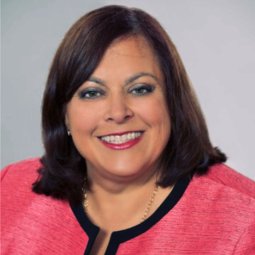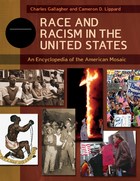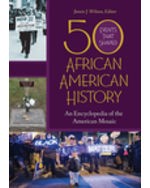| By Andrea Drouillard |
“Those who cannot remember the past are condemned to repeat it.”1 Recently, I listened to a Facebook Live conversation featuring Dr. Duchess Harris, professor of American Studies at Macalester College in St. Paul, Minnesota, where she spoke about history repeating itself and pondered the similarities between the George Floyd incident in Minneapolis and the Red Summer of 1919. It took me about an hour and a half to listen to the 38-minute discussion because I found myself stopping, thinking about what she said, rewinding the discussion, and listening again to make sure I was really hearing and understanding what she was saying. I had never heard about the Red Summer, a six-month period in 1919 when a series of race riots broke out across the United States just one year after the influenza epidemic of 1918, during which 550,000 Americans died.2
Alicia Smith, executive director of the Corcoran neighborhood organization of St. Paul, also joined the call. She talked about how a community can be retraumatized when injustice happens over and over after multiple events, such as the unjust murders of Ahmaud Arbery,3 Breonna Taylor, and George Floyd. Smith discussed how this retraumatization can affect individual people, children, and families; their community; and their leaders. She asked what people are to do when they are angry, hurt, scared, or fed up. Smith wondered, “Where is the hub for healing to help people gather and strategically address the issues that continue to happen over and over in their communities?”
Their questions and comments continue to plague me. I was talking to a friend recently about our frustration with not being able to go to Minneapolis to stand in solidarity with the community. However, we agreed that we could continue to do our best to affect change locally.
On June 1, 2020, Harvard Business Review published “U.S. Businesses Must Take Meaningful Action Against Racism,” and advised leaders on how to avoid missteps when creating an inclusive environment for everyone to address these topics.4 They also provided a framework for meaningful action. At Cengage, our CEO has issued a statement about racial injustice in the United States. I’m grateful to have the opportunity to participate in an upcoming workshop at Cengage so I can learn more about how I can become a better and more effective ally for my team members, colleagues, customers, and society.
Additional Reading/Listening:
- “Running for Your Life”: A Community Poem for Ahmaud Arbery
- What Will It Take to Protect Black Americans from Police Violence?
- Why Speak Up Now? Kaepernick Tells Us
For more information about these topics, explore these Gale eBooks and others on our equity, diversity, and inclusion site:
1. Spanish-born philosopher George Santayana is credited with this aphorism.
2. Bell, Walter F. “Red Summer (1919).” In Revolts, Protests, Demonstrations, and Rebellions in American History: An Encyclopedia, edited by Steven L. Danver, 3: 765‒772. Santa Barbara, CA: ABC-CLIO, 2011. Gale eBooks; Baughman, Judith S., ed et al. “The Great Influenza Epidemic of 1918-1919.” American Decades, vol. 2: 1910‒1919. Gale, 2001. Gale eBooks.
3. “Ahmaud Arbery, a 25-year-old Black Man in Georgia, Was Out for a Run.” National Review, June 1, 2020, 8. Gale In Context: Opposing Viewpoints.
4. Morgan Roberts, Laura and Ella F. Washington, “U.S. Businesses Must Take Meaningful Action Against Racism.” Harvard Business Review, June 1, 2020.

Andrea Drouillard is a sales director for K‒12 and public library markets at Gale. She’s a mom, music lover, lipstick hoarder, gardener, and street art enthusiast who is always happiest by the water.
Follow @AndreaD_EdTech




